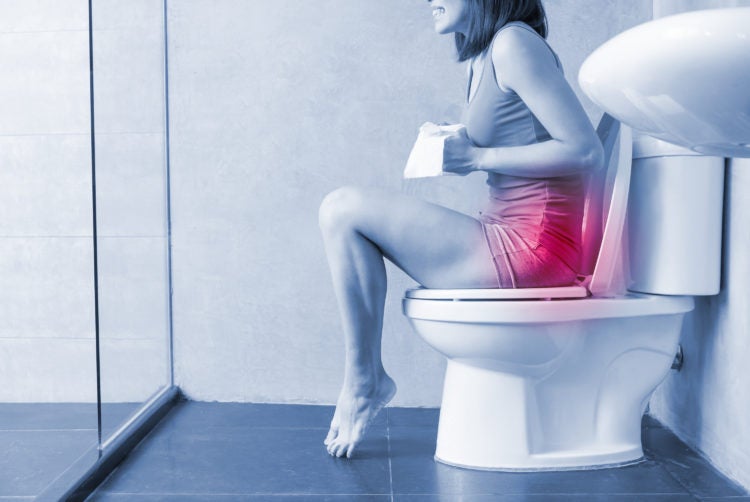What Women Need to Know About Fecal Incontinence

About 18 million people in the US suffer from fecal incontinence. Women are most at risk, because of the potential damage to muscles and nerves in the anal sphincter and rectum during childbirth. Because fecal incontinence can cause anxiety and embarrassment, causing women to avoid work and social situations, it’s important to see a urologist as soon as possible. With the help of a urologist, treatment is available to stop the symptoms of fecal incontinence and get back to doing your normal activities.
What exactly is fecal incontinence?
Fecal incontinence refers to the loss of bowel control. It often occurs as the result of sphincter muscle damage or nerve damage in the rectum or sphincter after surgery or childbirth. This kind of nerve and muscle damage can also occur with diabetes, stroke, multiple sclerosis, and chronic constipation. Treatments for inflammatory bowel disease and cancer may also contribute to fecal incontinence. Pelvic floor dysfunction is a contributing cause for many women as well.
What are the symptoms?
Women who are suffering from fecal incontinence are unable to control the passage of liquid and solid stool. The amount of leakage may be minimal or severe. Some women experience occasional bouts of incontinence, while others deal with it during almost every bowel movement. Women with fecal incontinence may also more frequent bouts of diarrhea and constipation.
How is fecal incontinence diagnosed and treated?
There are several tests that your urologist may recommend to diagnose fecal incontinence, including anal manometry, which tests the tightness of the sphincter, anal electromyography, which tests the nerves in the rectum for damage, and ultrasounds to examine internal structures. Treatments depend on the cause but can include surgery, medications, and lifestyle interventions.
Don’t suffer in silence with fecal incontinence. The urologists at Urology Associates, P.C. provide compassionate care for women living with fecal incontinence to help them reclaim their confidence and their lives. Call (855) 901-1338 to schedule a treatment consultation for fecal incontinence in Nashville.
Recent Posts
categories
- Uncategorized
- Bladder Cancer
- Women's Sexual Health
- MonaLisa Touch
- Urology
- Urologist
- Erectile Dysfunction
- Kidney Cancer
- Incontinence
- Prostate
- MonaLisa Touch Laser Treatment
- Kidney Stones
- Urinary Tract Infections
- Event
- Sexual Dysfunction
- Testicular Cancer
- Prostate Cancer
- Urology Surgery Center
- urinary incontinence
- vaginismus
- noncoital pain disorder
- Hypoactive Sexual Desire Disorder
- Infographic
- provenge
- Xofigo
- robotic surgery
- hormone replacement
- diabetes
- renal cell carcinoma
- pelvic pain
- hematuria
- sexual health
- chronic testicular pain
- premature ejaculation
- Men's Health Clinic
- Dr. Melvin Seard
- Interstitial Cystitis
- vasectomy
- overactive bladder
- vaginal atrophy
- nocturia
- bladder infections
- urethral strictures
- Acute Epididymitis
- low sex drive
- circumcision
- pelvic floor dysfunction
- Peyronie's Disease
- prostatitis
- female sexual dysfunction
- varicocele
- difficult urination
- low libido
- PSA levels
- male fertility
- penile prosthesis
- prostatic intraepithelial neoplasia
- male infertility
- estrogen levels
- nurse navigator
- stress urinary incontinence
- vaginal yeast infection
- elevated psa
- painful sex
- adult circumcision
- epididymitis
- OAB
- kidney infection
- penile cancer
- pelvic organ prolapse
- Vasectomy Reversal
- bone health
- cystectomies
- clinical trials
- bloody urine
- Advanced Therapeutic Center
- WISH MedSpa
- neurogenic bladder
- WISH Team
- prostate biopsies
- BPH
- fecal incontinence
- lithotripsy
- osteoporosis
- kidney cysts
